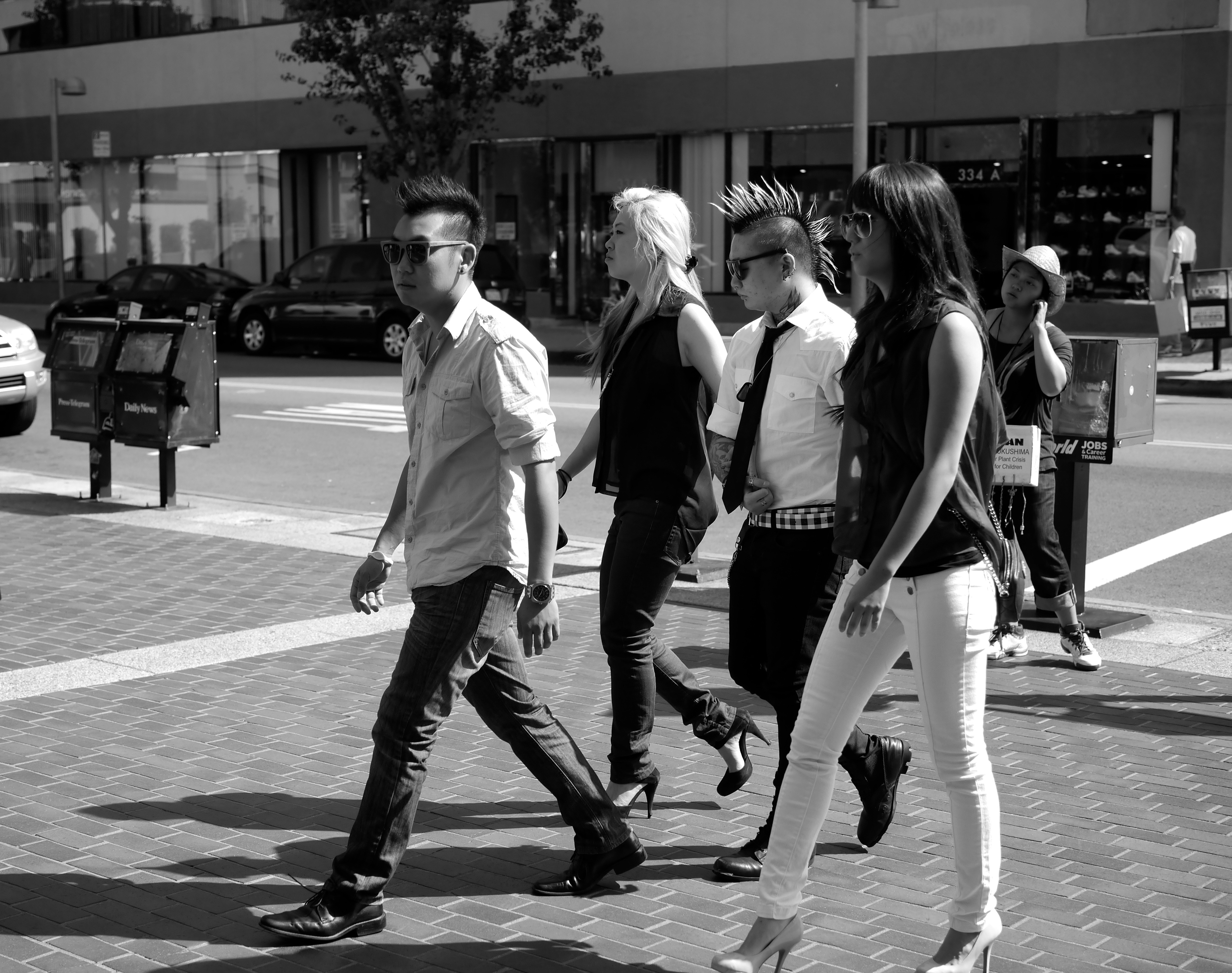Co-Founder & Director of Strategy and Research Kate Canada recently wrote an article for MediaPost about how brands can authentically provide context and connect with their audiences.
You can read the full post here, but we’ve included an extract:
Today’s audience is craving a real connection, and authentic stories that represent the changing demographics of the American landscape are one of the most powerful ways to establish that connection. Stories tap into the emotions we all share. Stories are universal ways of telling our personal view from the individual and tying it all up with what’s going on in the city, country and globe. Our job is to create stories of possibility and resonance.
I see two related opportunities for brands to meaningfully connect with audiences using story: as content for context and as content for everyday storytelling.
Content as Context
2014 was the year for telling the Big Family story, content as context. The 2014 Coca-Cola America Super Bowl spot and Honeymaid’s This is Wholesome commercial are examples of telepathic compelling campaigns; piquing our emotions without running too much in the way of sentimentality. In these spots, we see the “wide screen format” of storytelling as context. It gives the reader the emotional landscape.
Content for Everyday
The smaller but nonetheless still potent pieces of the story are what I call snap-shorts of everyday life, the smaller bits that make up our big picture. P&G’s Tide with a Problem-Solving Dad doing laundry and French-braiding his daughter’s hair; the Thank You Mom featuring kids and falling and learning with lots of support from mom; Chevy Malibu’s The Car For The Richest Guys On Earth piece or the Cheerios Here’s To Dad where the narrator looks straight into the camera and says, “We make the new rules… this is how to ‘Dad.’”
As advertisers, we are responsible for taking the constellation of social dots of demographics, sentiments and media connectivity and turning them into tactics and actions, shaping the data into meaningful ways of reaching out and engaging with consumers. In so doing, we will be able to, as David Ogilvy suggested, respectfully and empathetically become trusted partners with consumers, smart and savvy social beings who live in the world.


